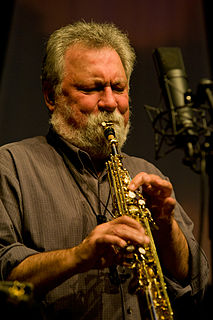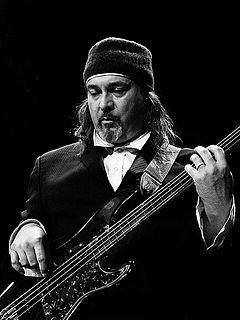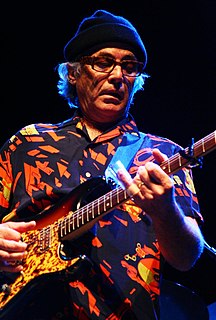A Quote by Evan Parker
Those early steps are very important in understanding the evolution. But in themselves, maybe now you need the later records to understand the significance of the earlier records!
Related Quotes
My mom had early rap records, like Jimmy Spicer. In the middle of the records was a turntable and a receiver - I used to scratch records on it - and on top was a reel-to-reel. In front of that wall were more stacks of records. It was either Mom's record or Pop's record, and they had their names on each and every one.
The fans are the end result of what we do. Sometimes I think we forget that those are the folks that mean it in this game. There's plenty of evidence to be found that you can have all the #1 records in the world, but if you really ain't touchin' them, you don't come home with gold records and platinum records. I'm very proud that we've only had one #1 record, but we've sold two and one half million!




































